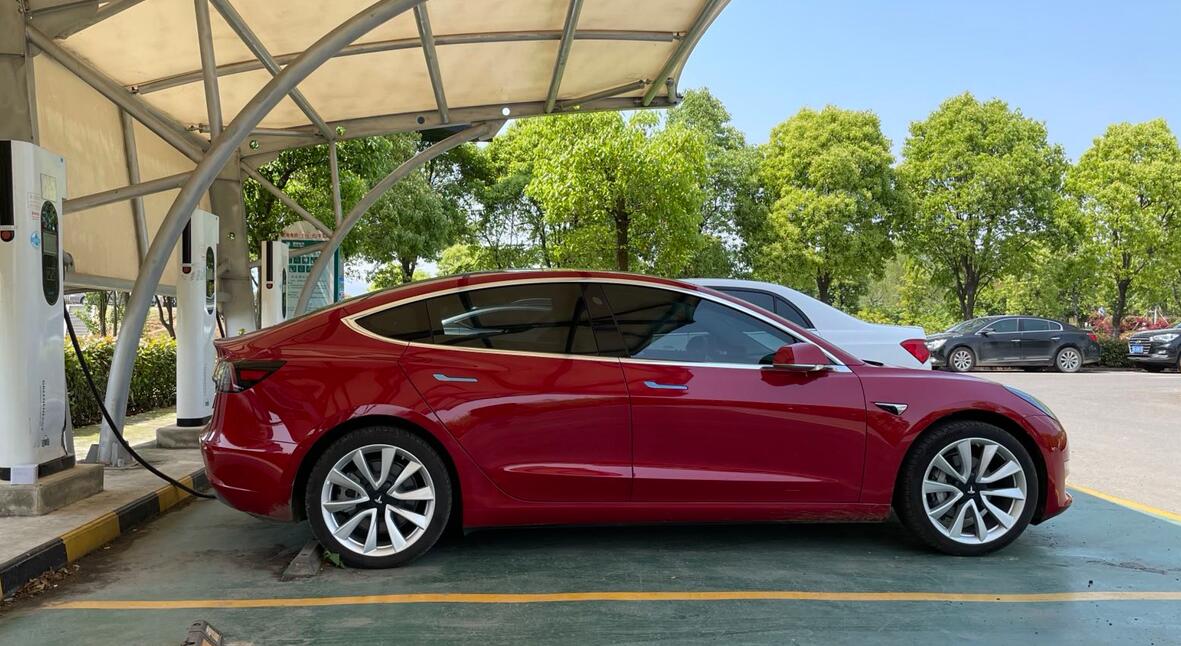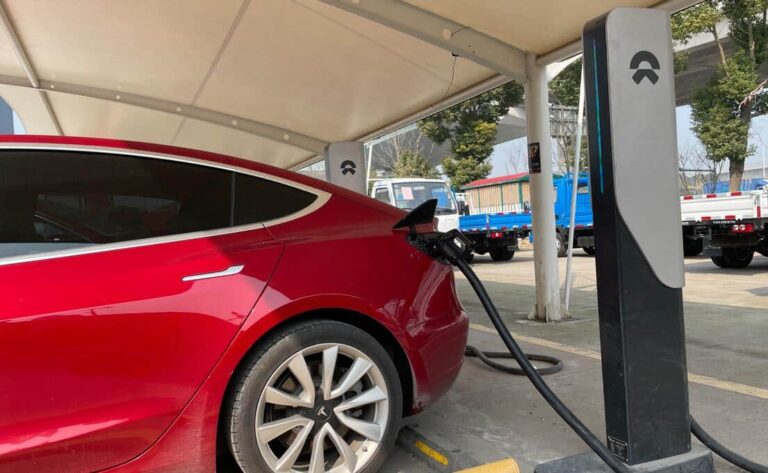Beijing introduced a policy to encourage residents to replace their vehicles with NEVs in June 2022, and it expired at the end of last year.
(Image credit: CnEVPost)
Chinese capital city Beijing will renew an incentive policy that already expired at the end of last year to boost consumption of new energy vehicles (NEVs) in the city.
The Beijing Municipal Government held a "2023 Beijing Consumption Season" launch ceremony on February 28, with tens of thousands of merchants participating in areas including automobiles, restaurants, e-commerce and tourism, according to a report in the local Beijing Daily yesterday.
In the automotive sector, Beijing will continue last year's trade-in subsidy policy, details of which will be released in due course, according to the report.
On June 26, 2022, Beijing launched a program on encouraging residents to buy NEVs when they replace their cars. The policy was then valid from June 1 to December 31.
The Beijing government provided subsidies of up to RMB 10,000 ($1,440) to vehicle owners who scrap or transfer the passenger cars that they have held for more than one year and purchase a NEV, according to the previous program.
The policy was effective and pushed the city's annual NEV sales up 17.1 percent in 2022, according to a Beijing Daily report yesterday.
More than 20,000 vehicles had applied for subsidies through the local subsidy platform, involving about RMB 5 billion in new vehicle sales, the report said.
Beijing is one of the most restrictive cities in China for car purchases because of traffic congestion problems.
For local residents who previously did not own a vehicle, they need to first obtain a car purchase quota in a lottery system before they can purchase a vehicle.
Residents are currently extremely unlikely to receive ICE vehicle purchase quotas in Beijing, and it is less difficult to obtain a license plate for an electric vehicle, but there is usually a wait of several years.
Beijing will offer 100,000 additional vehicle purchase quotas this year, with 30,000 available for traditional internal combustion engine vehicles and 70,000 for electric vehicles, according to information released by local transportation authorities on January 3. This is in line with the numbers for 2022.
Beijing's car consumption relies heavily on the trade-ins of residents who originally had cars.
By the end of 2022, China had 319 million vehicles, including more than 5 million in Beijing, according to data released by Chinese transport authorities on January 11.
Beijing aims to see 2 million NEVs owned in the city by 2025, according to an economic development plan released by the city last year.
Beijing is the latest local government to renew last year's subsidy policy. China's national-level subsidies for NEV purchases expired at the end of last year without being renewed.
On January 29, Shanghai announced that the trade-in subsidies for NEV purchases that expired at the end of last year will be extended until June 30.
($1 = 6.9334 yuan)

